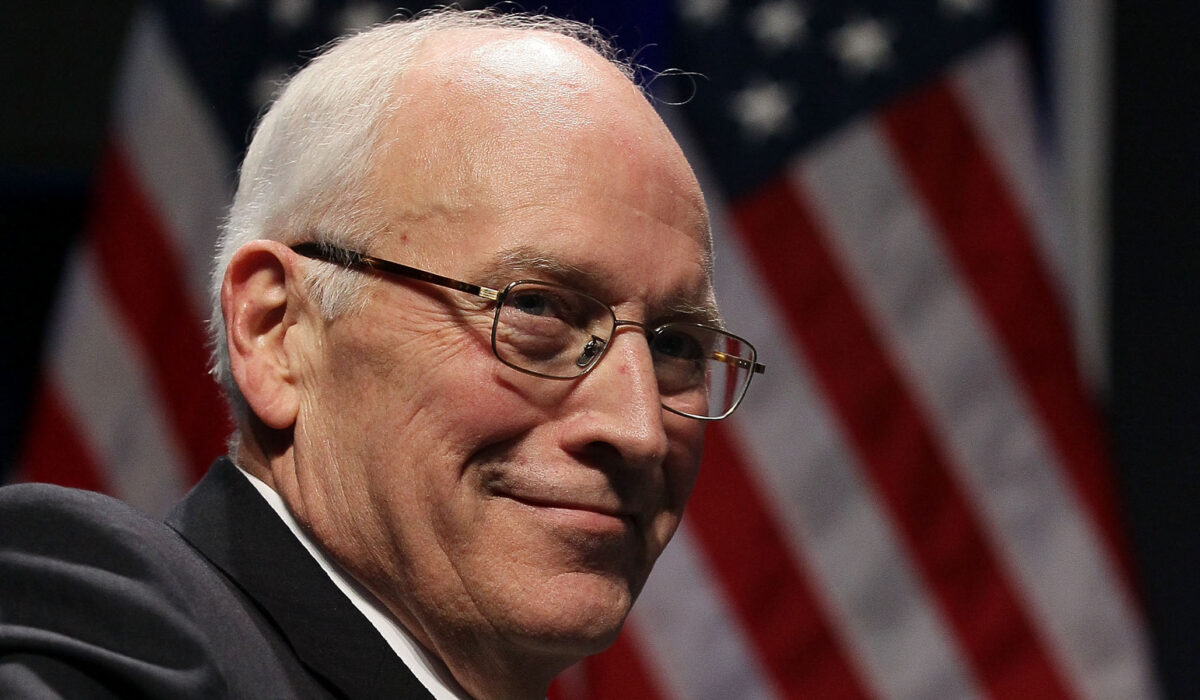A Vice President’s Long Shadow on 9/11 Policy
The former vice president served the country for decades and had a profound influence on the nation’s response to September 11. His tenure reshaped how Washington thinks about terrorism, intelligence, and the use of force. For many conservatives, that influence still defines national security thinking.
<pAcross multiple administrations he was a steady voice on defense and preparedness. He pushed for clearer chains of command, stronger coordination among agencies, and an emphasis on preventing another attack. That approach appealed to voters who wanted decisive leadership after a shock to the country.
On and after September 11, his priorities centered on disrupting threats before they reached American soil. That meant backing robust intelligence collection and tighter cooperation with allies and partners. The goal was simple: keep the homeland safe by striking at threats early.
He was a proponent of using American power when necessary, arguing that restraint can sometimes invite more danger. That position made him a polarizing figure for critics who feared overreach. Supporters, however, credited him with giving the country the resolve to respond effectively.
Inside the halls of government he helped shape organizational changes that lasted beyond any single administration. Those shifts focused on faster information-sharing and clearer operational roles for agencies. Republicans often point to those changes when defending a results-oriented national security posture.
His critics raised important civil liberty questions, and those debates have continued for years. Those conversations matter in a free society and have pushed policymakers to refine training, oversight, and legal frameworks. Still, his core message stayed the same: protect Americans first.
His approach influenced not only immediate military and intelligence decisions but also long-term budgeting and investment in capabilities. That included prioritizing counterterrorism tools and resources deemed essential after 9/11. Supporters argue that such investments made the U.S. more resilient.
On the political front, he became a lightning rod who could command attention and shape public debate. He defended tough choices and questioned softer alternatives that he saw as risky. For Republican audiences, that candid, unapologetic posture reinforced the importance of strength in leadership.
Today, lessons from that era are still argued over in policy circles and on the campaign trail. Some policymakers favor a strict security-first stance, while others emphasize civil rights and diplomatic engagement. The enduring effect of his influence is that these debates happen with a sharper focus on practical outcomes.
Whatever one thinks of the man, his impact on the national response to September 11 is undeniable. He played a long-term role in steering the machinery of government toward a posture of sustained vigilance. Those outcomes continue to shape how officials prepare for and respond to threats.

